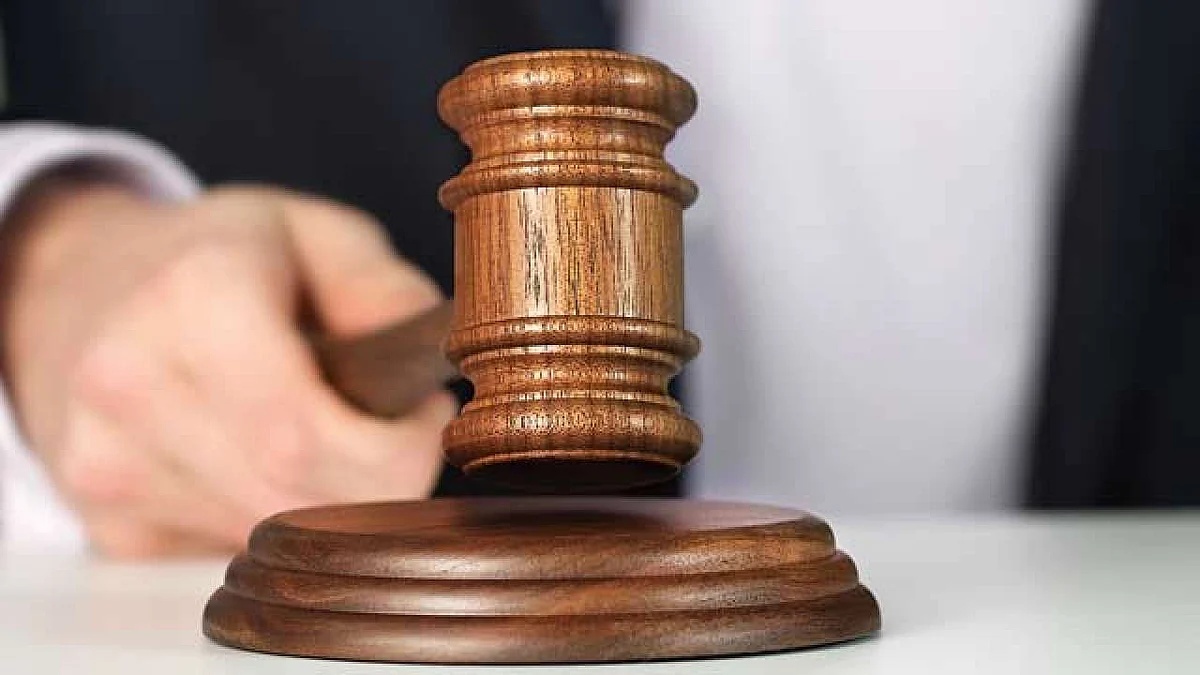
Comprehensive Social Media Rules for Public Sector Workers
State government employees, including those on contractual and outsourced roles, are now subject to stringent social media regulations aimed at preventing misuse of official information. A recent circular issued by the administration mandates that personnel avoid posting images of uniforms, logos, or government property on personal accounts. The directive emphasizes the importance of maintaining professional boundaries between personal and official digital presence, ensuring that public servants uphold ethical standards in their online activities. These guidelines are part of a broader initiative to enhance transparency and accountability in government operations, while also protecting sensitive data from unauthorized exposure.
Prohibited Activities and Disciplinary Measures
The new rules explicitly prohibit any negative commentary about state or central government entities, with violations potentially leading to disciplinary action under existing civil service regulations. Employees are also barred from sharing official documents, photographs, or videos without prior authorization from their respective departments. This includes restrictions on using messaging platforms like WhatsApp and Telegram for unofficial purposes, even though these tools are permitted for official coordination. The emphasis on separating personal and professional accounts underscores the need for clear delineation between private and public responsibilities, ensuring that state representatives do not inadvertently promote personal interests over organizational objectives.
Encouraging Responsible Digital Engagement
While the guidelines impose clear limitations, they also encourage constructive use of social media for public outreach. Employees are allowed to share information about successful government initiatives, provided such posts are approved by relevant authorities and avoid self-promotion. The circular highlights the importance of maintaining a balanced approach, where public servants can engage with citizens without compromising institutional integrity. This includes promoting state programs while adhering to strict protocols that prevent misuse of official resources. Such measures aim to foster trust between government agencies and the public while mitigating risks associated with digital misinformation.
Implementation and Enforcement Framework
The Maharashtra Civil Services Rules, 1979, now serve as the legal basis for enforcing these guidelines, with violations subject to disciplinary proceedings. The circular mandates that all government departments, local bodies, and public enterprises implement these rules promptly, ensuring compliance across all levels of administration. Regular audits and training sessions are likely to be introduced to reinforce adherence to the regulations. By establishing a clear framework for digital conduct, the state aims to deter unethical behavior while empowering employees to communicate effectively with stakeholders. This proactive approach reflects a growing emphasis on digital governance in public sector management.
Broader Implications for Public Sector Transparency
These guidelines represent a significant step toward modernizing governance practices in the public sector. By setting clear boundaries for social media use, the state seeks to balance transparency with security, ensuring that government operations remain both accessible and protected. The emphasis on accountability extends to all levels of employment, including contract workers, highlighting the widespread impact of these regulations. As digital platforms continue to evolve, such policies will likely adapt to address emerging challenges, reinforcing the need for continuous updates to maintain relevance. Ultimately, these measures aim to strengthen public trust in government institutions while safeguarding against potential abuses of power in the digital age.




